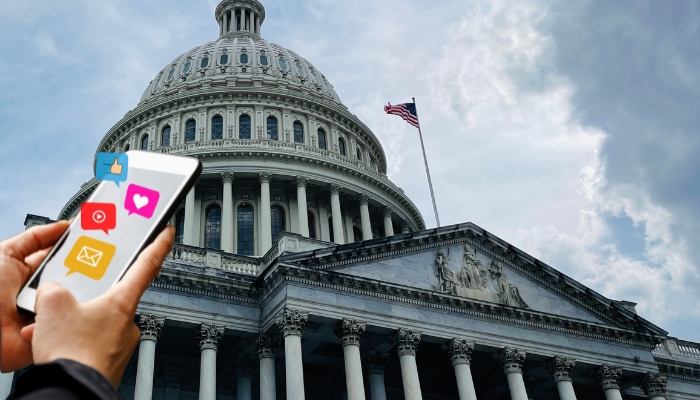Inflation Expectations Alarming Fed
Anúncios
The Federal Reserve faces a concerning sign as inflation expectations among Americans are on the rise, hitting their highest level since 2011. The erosion of trust in inflation’s return to normal levels is worrisome for the Fed, especially given their projections that inflation won’t reach 2% until 2026.
A crucial indicator for the Fed, long-term inflation expectations, significantly influences their monetary policy decisions. If these expectations continue to worsen, it might prompt the Fed to take more aggressive measures, like hiking interest rates or prolonging their elevated status.
The fear of inflation expectations drifting higher has experts highlighting the Fed’s vigilance and readiness to act if necessary. These expectations play a critical role, often keeping the Fed on edge, as high inflation projections could impact economic stability.

The recent University of Michigan consumer survey indicates a significant uptick in long-term inflation expectations. However, the Fed examines a spectrum of surveys to gauge public perception on inflation.
Federal Chair Jerome Powell consistently addresses the state of Americans’ inflation perceptions during press conferences after setting monetary policies. While he insists that long-term inflation expectations appear stable, the Fed’s challenge remains as inflation remains above 2%.
Some economists believe that controlling inflation might become more difficult in the coming phases. However, the Fed’s key concern is maintaining confidence that inflation will eventually subside. An analysis suggests that consumers acknowledge the Fed’s policies as influential in reducing inflation.
The Fed’s historic battle against inflation calls for continued progress and a demonstration of effective policies. The crucial aspect is maintaining the public’s confidence in the Fed’s ability to curb inflation. While the Fed’s target of 2% might seem distant, the direction of change is more crucial than reaching a specific number.
The IRS also released new income tax brackets, affecting the tax year 2024, impacting standard deductions. These adjustments annually reflect inflation changes and play a role in taxpayers’ financial planning strategies.
See also: Bond Yields Influence Federal Reserve’s Inflation Battle






